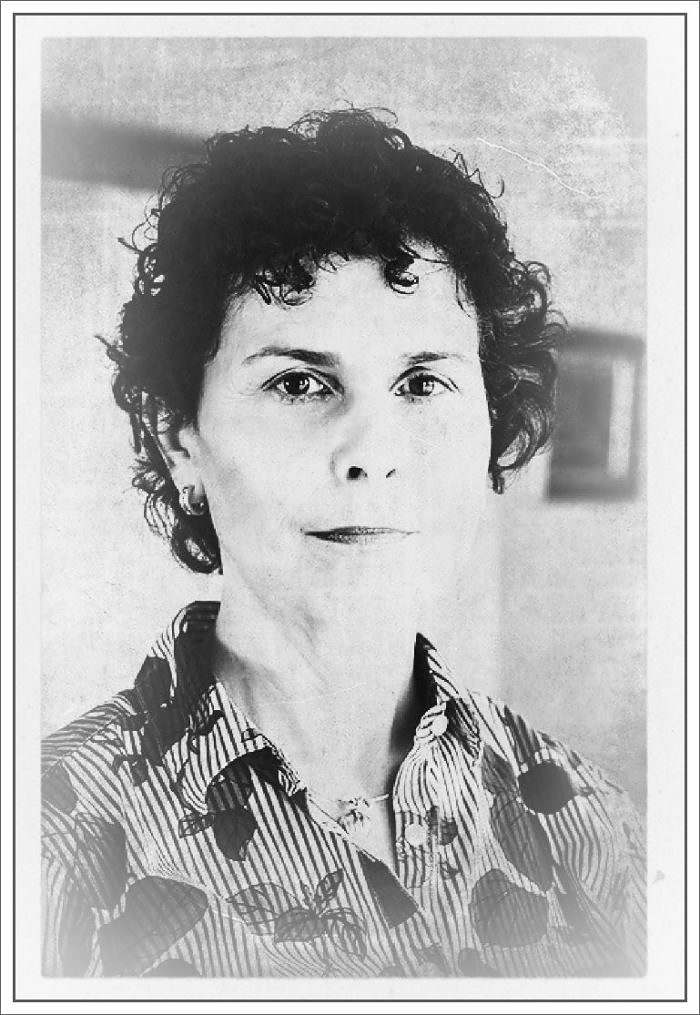The George Edalji Case has many aspects: legal, historical, political, and literary. They have been sufficiently examined, and there is little to add.
But what do the anonymous, weird letters reveal about their author, and what does George Edalji’s unusual behaviour reveal to us today? Is police racism the only answer to the remaining questions in this criminal case? Are guilt and innocence in this case as clear as asserted in the past?
Forensic science has developed new methods and analytical techniques. Much of this was unknown in Dr Doyle’s lifetime. Nowadays, there are more forensic possibilities than handwriting analysis to assess letters, text, and human behaviour. Therefore, forensic linguists and psychologists have advised this project.
FORENSIC LINGUISTICS

Dr Isabel Picornell, MCSFS (Member of the Chartered Society for Forensic Sciences) Consultant Forensic Linguist and Director of QEDforensics (QED Limited).
PhD in Forensic Linguistics from Aston University (UK), and Visiting Research Fellow with the Aston Institute for Forensic Linguistics.
2021–2023 President of the International Association for Forensic and Legal Linguistics (IAFLL), a member of the Germanic Society for Forensic Linguistics (GSFL).
Cardiff University Bond Solon Expert Witness Certificate (CUBS).
BOOK:
Methodologies and Challenges in Forensic Linguistic Casework (Wiley Series in The Psychology of Crime, Policing and Law)
Isabel Picornell, Ria Perkins & Malcolm Coulthard (eds.) (2022) NJ: Wiley-Blackwell.